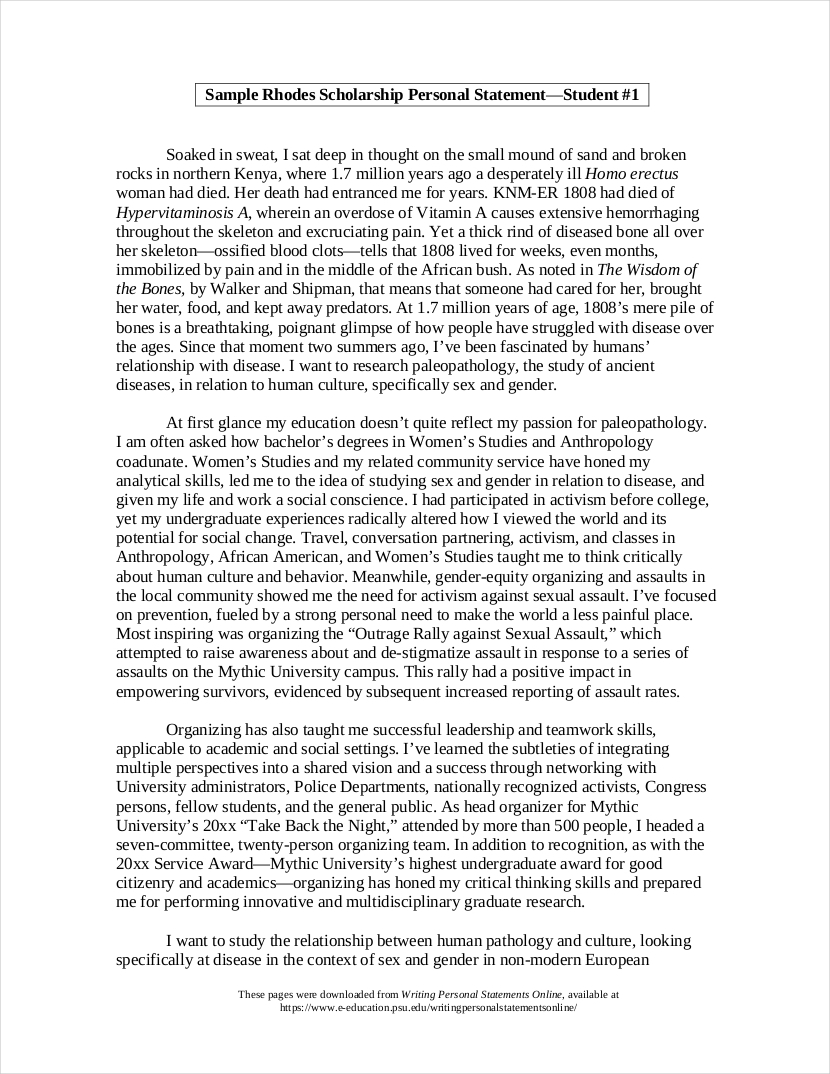
We will publish a customized Essay on Hart Devlin Discussion: Summary and Evaluation specially for you for only $16. 05 $11/website page. 807 licensed writers on-line. Introduction. Morality can be defined as a set of principles or concepts that guide the procedure of earning selections and actions in modern society. It also consists of concepts that outline what is acceptable and unacceptable in modern society. On the other hand, regulation refers to concepts that augment and retain the morality code in modern society. The problem of legislation and morality is a sophisticated make any difference that has been widely mentioned in numerous fields such as religion, law, and psychology.
A lot of debates have discussed the marriage concerning morality and regulation. For instance, the Hart and Devlin debate experimented with to figure out this marriage.
Every single of the two took a distinctive facet in an energy to build the purpose that really should be performed by legislation with regard to morality. Having said that, their views and strategies contradicted just invisible man ap literature essay pro about every other and did existing an agreement. The two depict two universities of imagined pertaining to the make any difference. The Wolfenden Committee investigated the significant challenge of permitting homosexuality and prostitution in culture.
The report of the committee said that it is not the responsibility of regulation to fix immorality. The Hart-Devlin debate was an try to add to the findings of the Wolfenden committee. The debate was involving Professor Hart and Patrick Devlin. The argument was that homosexuality should be produced authorized because of the liberty of selection and the privacy of morality. The suggestions of the committee emanated from the rules of utilitarianism.
The legislation is not meant to interfere with the life of individuals as a way of influencing behavior. This paper will check out to resolve the controversy by defending Devlin’s arguments. In addition, it will try out to exhibit the flaws existing in Hart’s arguments. Homosexuality and prostitution will be talked about as examples of popular immoral perform, and describe why they should really be criminalized by speaking about their consequences on people and society. At last, the paper will use the theory of utilitarianism and the principle of damage to aid specified arguments. Hart Devlin Discussion Summary. Devlin argued that it is vital to create rules that handle morality since legislation not only guards persons but also the modern society (Ward 26).

To Devlin, morality is a requisite for servicing of fantastic legislation that maintain the freedom of conscience, and reduce the probability of tyranny.
In addition, he argued that any conduct is able of resulting in harm if not controlled by law (Ward 26). He was of the view that law really should be exceptional to morality and therefore command behavior. On the opposite, Hart argued that law must not adhere to the rules of populism. According to Devlin, the vast majority is not normally ideal. Their tips and principles are generally included with superstition and prejudice that do not warranty them to be referred to as guiding rules (Ward 26).
To help his argument, Hart referred to John Stuart Mill’s harm principle. Hart disagreed with Devlin’s argument that morality must be guided and determined by regulation. Hart supported the committee’s recommendation of legalizing homosexuality and prostitution dependent on the teachings of Mill. Hart argued that implementing a moral code was pointless, undesirable, and morally erroneous (Ward 26). He argued that undertaking so would interfere with specific liberty and curtail the progress of moral principles. Devlin’s Arguments in the Debate. In refuting the suggestions of the Wolfenden committee, Devlin primarily based his arguments on organic legislation. Modern authorized industry experts do not an agreement as to whether or not it is constitutional and right for specified laws to illegalize specific behaviors or perform dependent on the actuality that a point out has authority to management ethical views.





